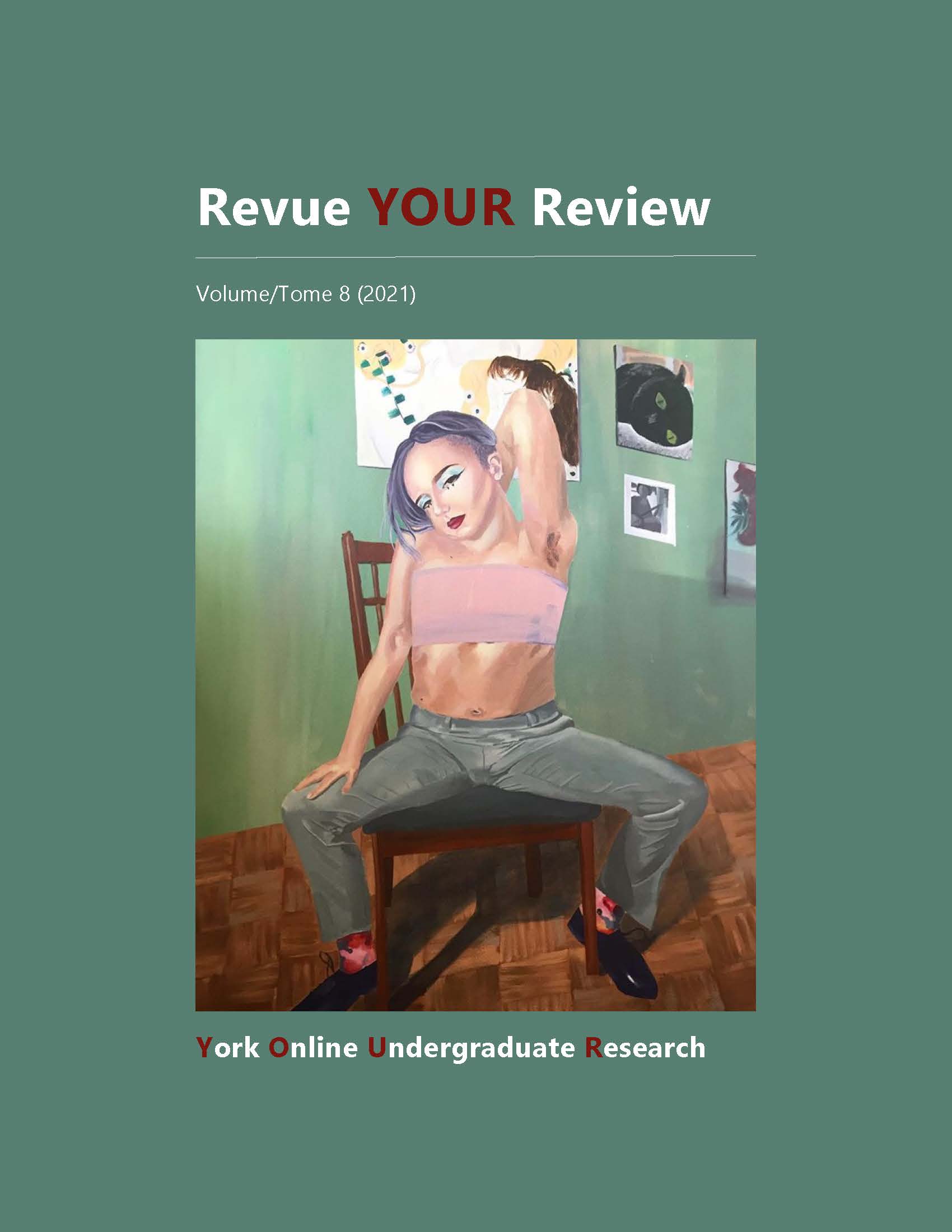Indigenous conservation in Canada: How Indigenous-led conservation is an alternative model for Canada
Abstract
This literature-based paper will examine the state of Indigenous-led conservation in the context of conservation in Canada, historically and presently, and how Indigenous-led conservation philosophies differ from Canada’s conservation philosophies. The results demonstrate that Indigenous-led conservation is a healthier and more sustainable conservation model than Canada’s, which privileges scientific methodologies and ideologies. In particular, Indigenous-led conservation models focus more centrally on the interconnected systems of land and water, as well as nature and people. Still, the model is not solely a holistic model that excludes scientific methods. Further, Indigenous-led conservation models ultimately support and build reconciliation between non-Indigenous and Indigenous Peoples. I will close by exploring three successful examples that will illustrate the feasibility and efficacy of Indigenous-led conservation.
Downloads
Published
How to Cite
Issue
Section
License
LicenseAuthors contributing to Revue YOUR Review agree to release their articles under one of three Creative Commons licenses: Creative Commons Attribution 4.0 International; Creative Commons Attribution-NonCommercial 4.0 International; or Creative Commons Attribution-NoDerivatives 4.0 International. All editorial content, posters, and abstracts on this site are licensed under Creative Commons Attribution-NoDerivatives 4.0 International. For further information about each license, see:
https://creativecommons.org/licenses/
In all cases, authors retain copyright of their work and grant the e-journal right of first publication. Authors are able to enter into other contractual arrangements for the non-exclusive distribution of the e-journal's published version of the article (e.g., post it to an institutional repository or publish it in a book or in another journal), with an acknowledgement of its initial publication in this e-journal.


